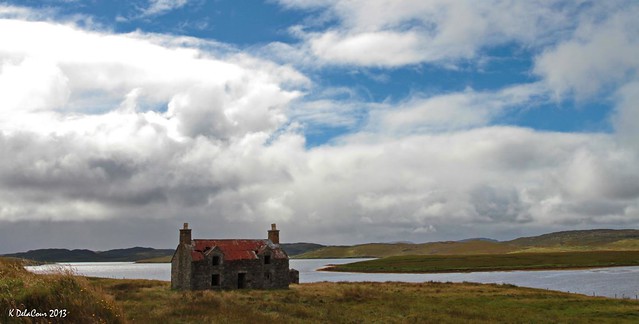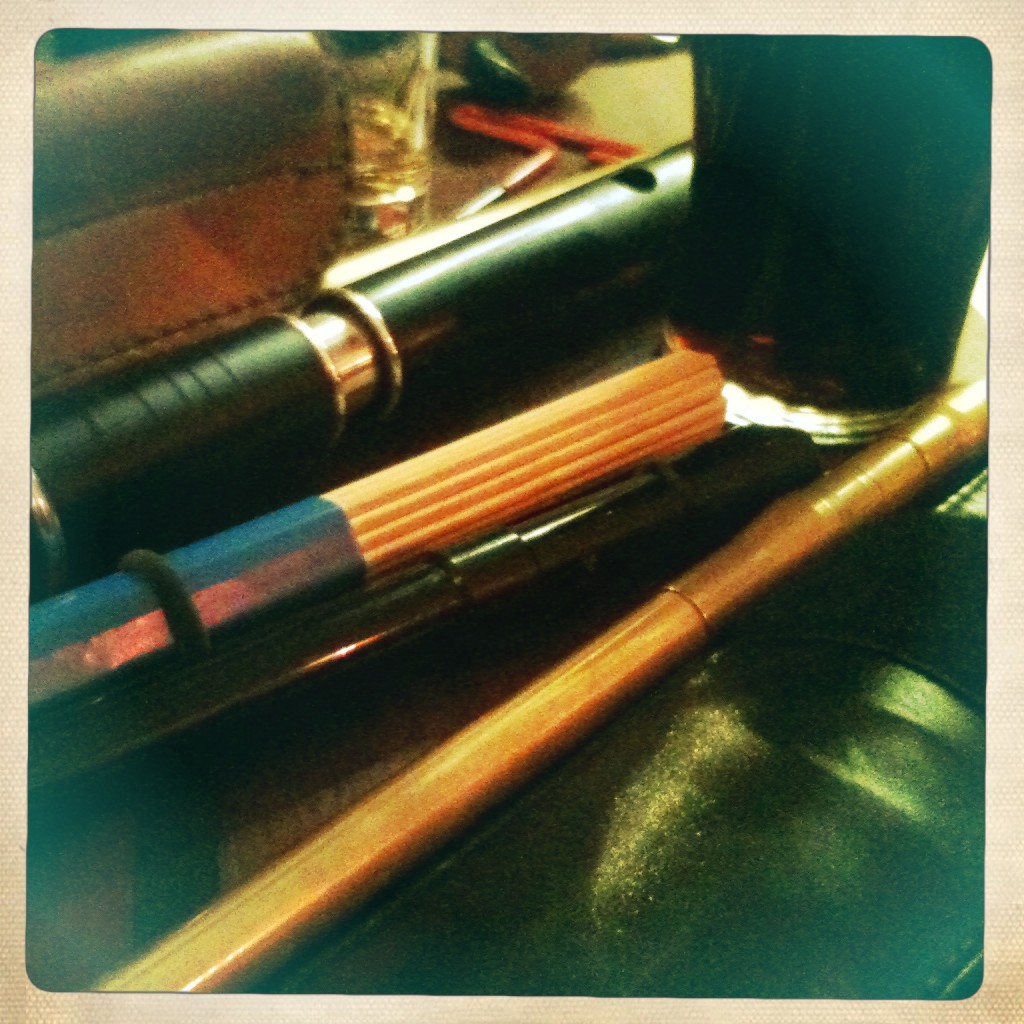 Last night the Slow and Steady class learned a Breton tune that I have since discovered is an untitled Ton Double Gavotte from the playing of fiddler Kevin Burke on his Portland album with guitarist Mícheál Ó’Domhnaill. They also played together in The Bothy Band and made a couple of duet recordings, all of which are highly recommended. He also plays with Celtic Fiddle Festival, a group with fiddlers from different countries.
Last night the Slow and Steady class learned a Breton tune that I have since discovered is an untitled Ton Double Gavotte from the playing of fiddler Kevin Burke on his Portland album with guitarist Mícheál Ó’Domhnaill. They also played together in The Bothy Band and made a couple of duet recordings, all of which are highly recommended. He also plays with Celtic Fiddle Festival, a group with fiddlers from different countries.
We also discussed the English band Blowzabella and later I mentioned Ti Jaz to Pierre-Marie. You may also want to check out flute player Jean-Michel Veillon, his work with the groups Kornog and Barzaz and this interview with him. If you are completely new to Breton music, you have to check out Alain Stivell, who first brought the music to the wider world. There is plenty more to explore and lots of links on YouTube of course.
The dots for the tunes will be up presently but recordings of the Gavotte and an An Dro I thought we might also try are available in the Resources section.
In the meantime, you might enjoy this video of people dancing and discussing gavottes:
Dates reminder
It’s October break in Edinburgh so there will be no FluteFling class on Thursday 17th. Classes resume on Thursday 24th with the Improvers class. Slow and Steady resume on Thursday 31st.
Photo: Binou and bombarde players by Ludovic, some rights reserved.




